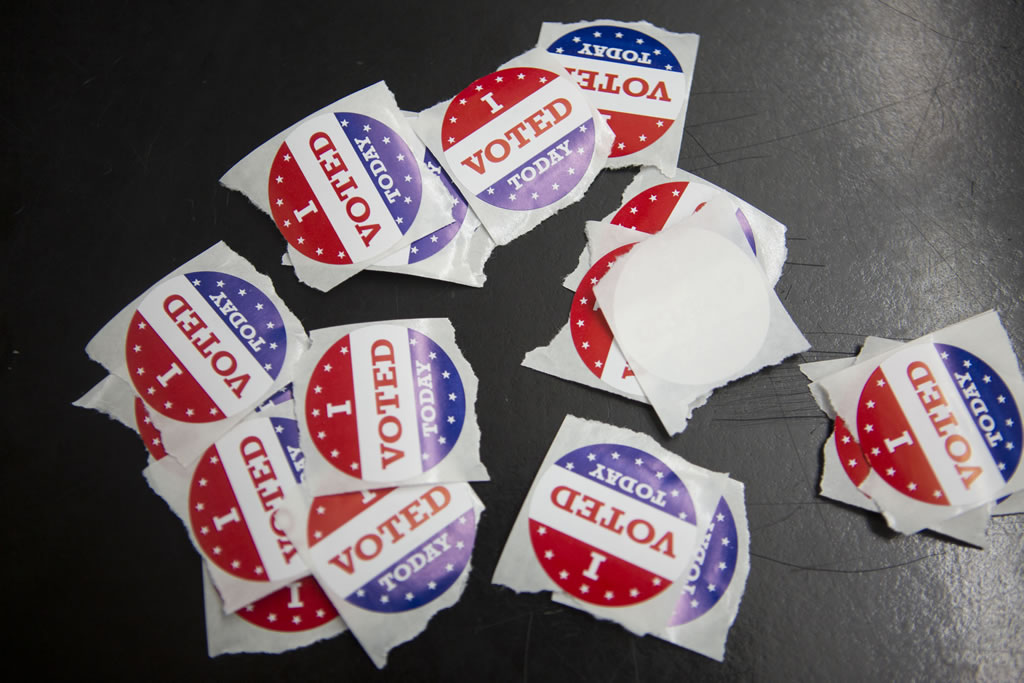The Racine County DA today declined to charge five members of the Wisconsin Elections Commission for suspending a requirement that clerks send special voting deputies to assisted care facilities before mailing absentee ballots. Racine County DA Patricia Hanson wrote in a letter to the sheriff that she lacks jurisdiction in the case because the violations he alleged must be prosecuted where the all...
Please log in to access subscriber content.
If you don't have a subscription, please contact schmies@wispolitics.com for subscription options on the WisPolitics-State Affairs platform, which is the new home for WisPolitics subscriber products.


